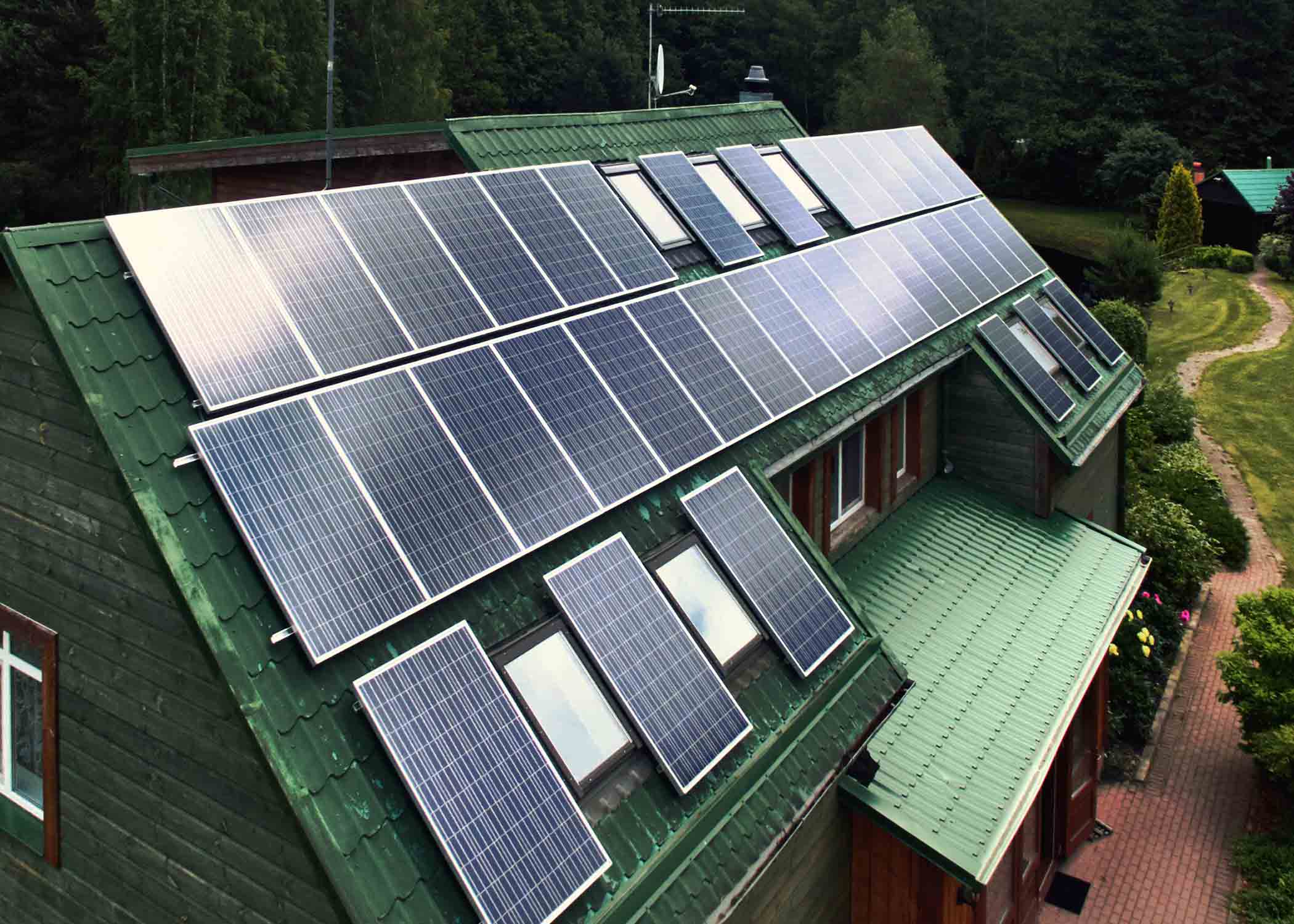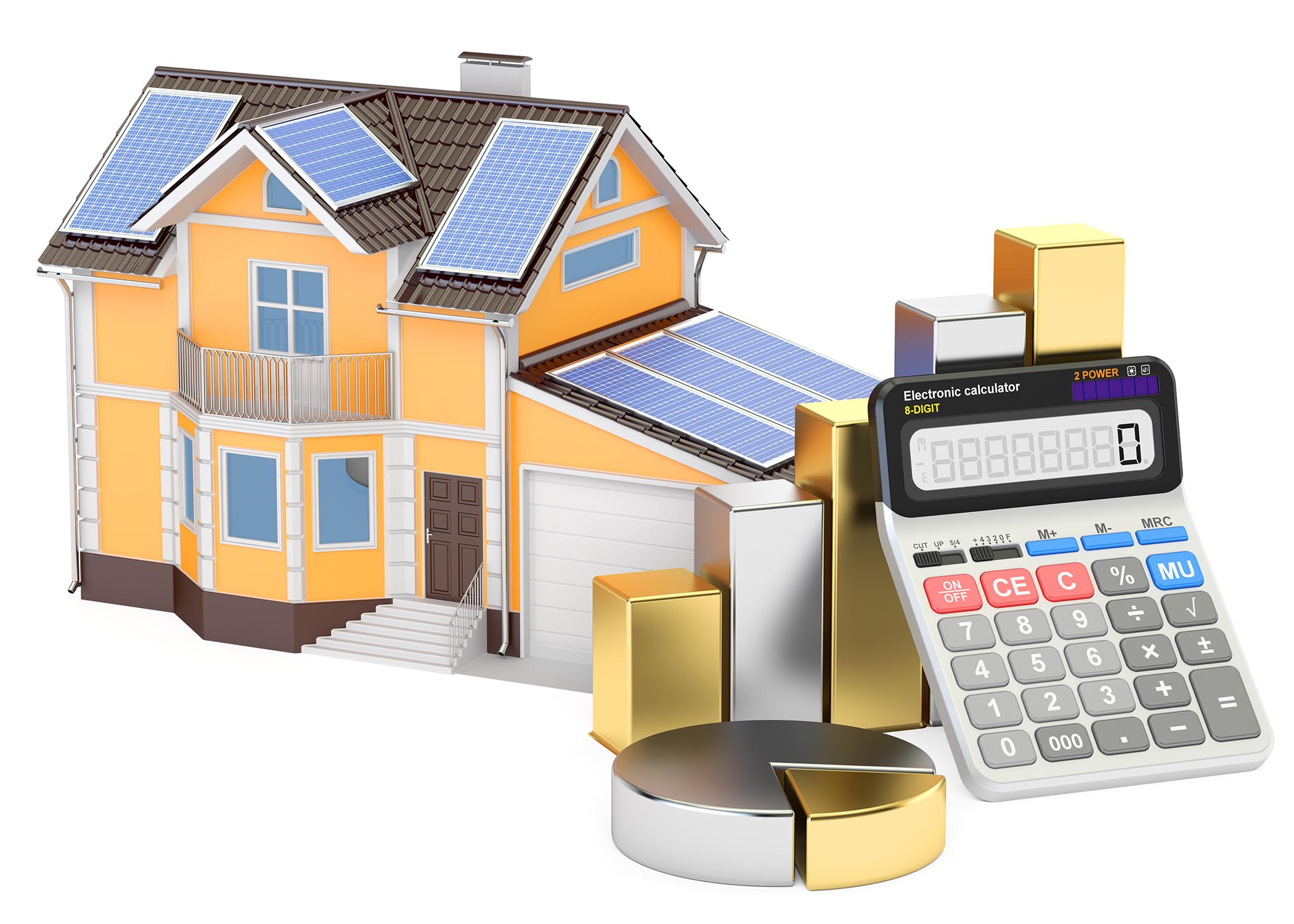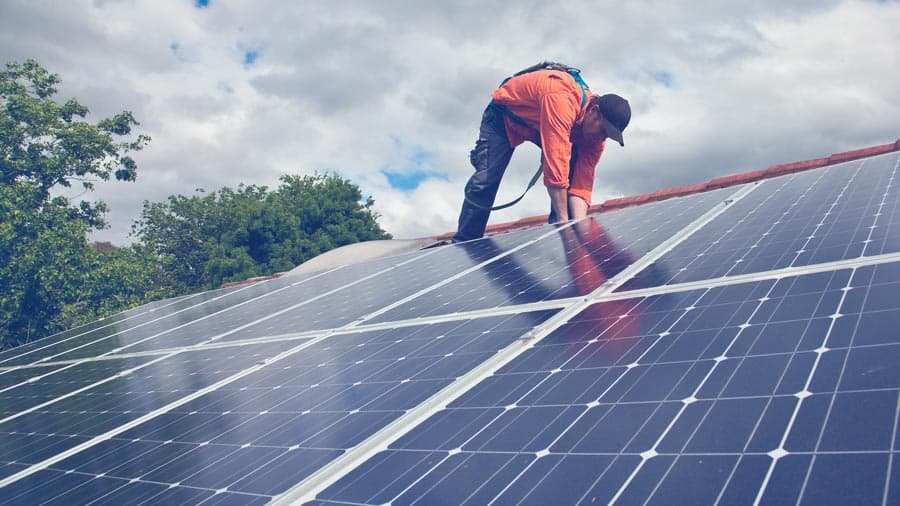Whether you already have a home solar system or you are planning on getting solar panels installed, there is no doubt that this climate-friendly energy choice gives you the freedom to be less dependent on your utility company.
Moreover, if you own an electric or hybrid vehicle, you can optimize your home solar system to charge your electric car.
Here are some important things about using your home solar panels as a car-charging source.
Necessary Components for Upgrading Your Home Solar Panels to Charge Your Electric Car
Understanding the basic things you need to optimize your home’s solar system to charge your electric vehicle (EV) is essential:
- Sufficient Number of Solar Panels: The number of panels depends on your car’s battery. Generally, about 10 panels are needed to charge an average-sized car battery.
- Solar Batteries: Excess electricity generated from solar panels is typically returned to the power grid. Solar panels do not store electricity that is not immediately used, so a solar battery is needed to save the excess power for you to use to charge your electric car overnight. Without a battery, you can only charge your vehicle during the day while your solar panels are actively generating power.
- Home Charging Unit with a PV Inverter: This system is required to convert the direct current output of photovoltaic energy into alternating current) necessary to power your appliances and charge your car. Without a proper solar inverter, you will not be able to charge your EV.
Note that if you do not have solar batteries, you can still use your home solar system to feed excess electricity back into your power grid.
In this sense, you are offsetting your use of grid electricity to charge your car with the solar energy you provided to your power company.
Alternative Ways to Charge Your Electric Car
If you do not have a home solar system, there are two other options you can use to charge your car:
- Public electric vehicle charging stations: EV charging stations are becoming more available. There is an EV charging station locator on the US Department of Energy website to help you find the closest station to you.
- Community solar farms: Solar farms generate solar energy fed back into the power grid. If you join a solar farm, you can take advantage of net metering programs that credit or reduce your electric bill based on the amount of electricity generated by the solar farm.
Like the average miles-per-gallon rating of a gasoline-fueled car, each EV has an efficiency rating of miles per kWh.
If you travel around 40 miles per day and your EV’s efficiency rating is 3.33 miles/kWh, you need 12 kWh of electricity per day.
The typical price range for charging your electric car at a charging station is $0.30 to $0.60 per kWh.
This means you pay between $3.60 to $7.20 per day or $1,314 to $2,628 per year.
The Benefits of Using Your Home Solar System to Charge Your Electric Car
Using your home’s solar power to fill up your EV’s batteries has cost-friendly and climate-conscious advantages.
1. Lower Charging Costs
If you use your rooftop solar system or solar-battery solar system, the cost to charge your EV is cheaper than the costs of using public charging stations and home grid power.
The average charging station cost is $0.30 to $0.60 per kWh, and the average grid power cost is $0.10 to $0.40 per kWh.
If you use your home solar power to charge your electric car, it costs, on average, less than $0.11 per kWh.
You would only pay around $415 on average each year to charge your EV with your home solar system.
On the other hand, you would pay more than $600 on home grid power and more than $1,000 at charging stations.
If you owned a fuel-powered car, you would pay at least $1,200 each year, and inflated fuel prices could drastically increase this annual cost.
2. Substantial Lifetime Savings
Depending on certain factors such as the type of electric vehicle you drive, the size of your solar system, and your household energy use, your estimated lifetime savings of using your home solar to charge your EV is about $15,000 to $26,000.
3. Free of Carbon Emissions
If you have both a home solar system and an electric car, you have peace of mind knowing that you are emission-free.
This powerful zero-energy combination allows you to be a positive force for improving our natural environment.
4. Less Dependence on Power Grids
Whether or not your home solar is connected to the power grid, you are not wholly dependent on your utility company for power.
If there are scheduled power outages or your electric company has issues, your home still has power.
When you have solar batteries, you also can use your solar energy to power your home and charge your electric car throughout the night.
You can even help power your neighbor’s home during a blackout.
5. No Stress Over Fluctuating Fuel Costs
When you use your home solar system to charge your EV, you do not have to worry about rising gas prices to fuel your car.
You have your own gas station and can gain confidence in being self-reliant.
The Best Uses for Your Home Solar Panel System
At Unbound Solar, we carry both off-grid and grid-tied solar panel kits for your home to use to charge your electric car.
Our team guides you through every step of your home solar conversion journey.
When you install one of our solar kits, you’re assured a premium system that works, but you receive access to lifetime support.
Send us a message today and get one step closer to becoming a zero-energy homeowner!



